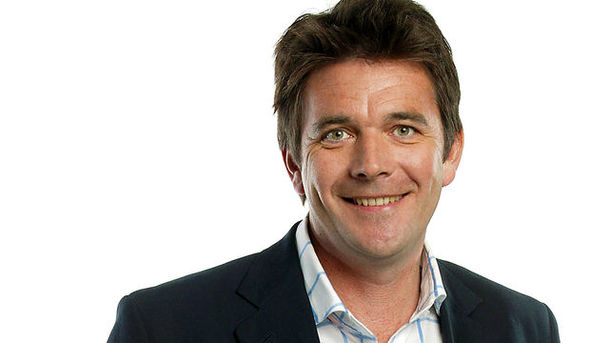Case Notes - IVF

Dr Mark Porter visits the London Women's Clinic to learn about the latest developments in the field of in-vitro-fertilisation (IVF), and clarifies what the NHS now offers and to whom. It has been over 30 years since Louise Brown entered the world as the first test tube baby. Now, one per cent of all children born in the UK are conceived through IVF, and couples who would previously have been called infertile are starting their own happy families. Mark visits the London Women's Clinic to find out about the latest developments in IVF, what's available on the NHS, and who can get treatment for free. The increasing success of IVF means that the number of twins being born is rising. This has led the Human Fertilisation and Embryology Authority to set targets for reducing twins - but why? And what are the risks associated with twin pregnancies? Not all women find it hard to produce eggs and this can cause problems during IVF. Women with polycystic ovaries are particularly at risk of a serious disorder known as OHSS, or ovarian hyper-stimulation syndrome. Consultant gynaecologist Tim Child from Oxford University talks about a solution.